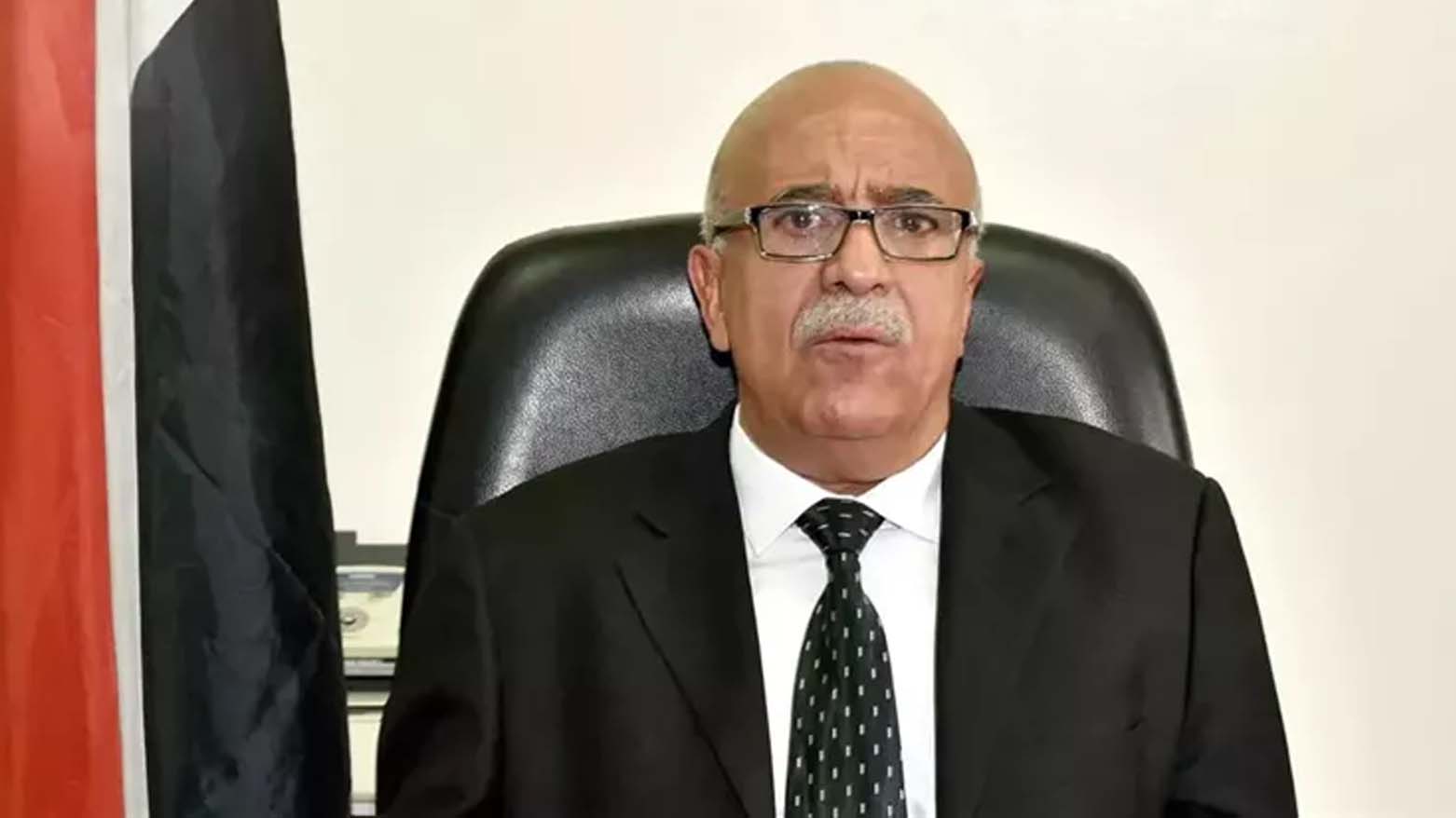Houthi Presidency Announces Death of Prime Minister in Israeli Strikes
In an official statement, the Houthi presidency said al-Rahawi and his colleagues were targeted on Thursday afternoon during a routine government workshop to review the cabinet’s performance.

ERBIL (Kurdistan24) — Yemen’s Houthi-led presidency on Saturday announced that Prime Minister Ahmad Ghaleb al-Rahawi, head of the so-called “Government of Change and Construction,” was killed along with several ministers in what it described as Israeli airstrikes on the capital Sanaa.
In an official statement, the Houthi presidency said al-Rahawi and his colleagues were targeted on Thursday afternoon during a routine government workshop to review the cabinet’s performance. The attack also wounded several other officials, some of whom are reportedly in critical condition.
The statement condemned what it called “a treacherous Israeli act of aggression” and described the slain leaders as “martyrs of the nation” who had devoted themselves to the Palestinian cause. It vowed that government institutions would continue to function and provide services despite the loss, while reiterating support for Palestinians in Gaza and pledging to strengthen Yemen’s armed forces against Israel.
“The blood of these martyrs will serve as fuel and motivation to continue on this path,” the statement read, affirming that Yemen remains committed to what it called “the sacred struggle against the Israeli enemy.”
Soon, following their statement confirming the death of al-Rahawi, the Houthis announced the appointment of Mohammed Muftah as interim prime minister.
In what could mark a major setback for the leadership of the Iran-backed Houthis, the Israel Defense Forces (IDF) assessed that the group’s entire cabinet — including Prime Minister Ahmed al-Rahawi and 12 other ministers — was likely killed during Thursday’s strikes in Yemen, according to the Times of Israel.
While the outcome had not yet been definitively confirmed until Saturday afternoon, Israeli officials cited by local media earlier in the day expressed growing confidence that the attack succeeded in eliminating much of the Houthis’ political and military leadership.
Earlier, separate Yemeni media outlets, including Al-Jumhuriya and Aden Al-Ghad, reported that al-Rahawi was killed in an Israeli strike on an apartment in Sanaa, alongside several of his companions. However, the news was not confirmed by the Houthi government at the time.
The Times of Israel noted that this incident appeared distinct from another strike that reportedly targeted 10 senior Houthi ministers as they gathered outside the capital to listen to a speech by Abdul Malik al-Houthi, the group’s leader. The IDF later confirmed that Defense Minister Muhammad Nasser al-Attafi and Chief of Staff Muhammad al-Ghamari were among the intended targets of that operation.
The Houthis, officially known as Ansar Allah, control most of northern Yemen, including the capital Sanaa, and are backed by Iran in their decade-long conflict against the Saudi-led coalition and internationally recognized Yemeni government. Since the outbreak of the Israel-Hamas war in October 2023, the Houthis have carried out dozens of drone and missile attacks on Israeli-linked shipping in the Red Sea and Gulf of Aden, declaring their operations as part of a campaign to support Gaza.
Israel has in recent months escalated military operations against Houthi positions in Yemen, targeting missile and drone launch sites as well as command centers, arguing that the group poses a threat to international shipping lanes and regional security. The killing of senior Houthi officials would mark the most significant strike on the group’s political leadership since the start of the Gaza conflict and could further widen the confrontation.
The Houthis have long sought to portray themselves as defenders of the Palestinian cause, framing their involvement against Israel as part of a broader regional resistance axis alongside groups such as Hezbollah in Lebanon and Iraq, and Hamas in Gaza.
This article has been updated.
